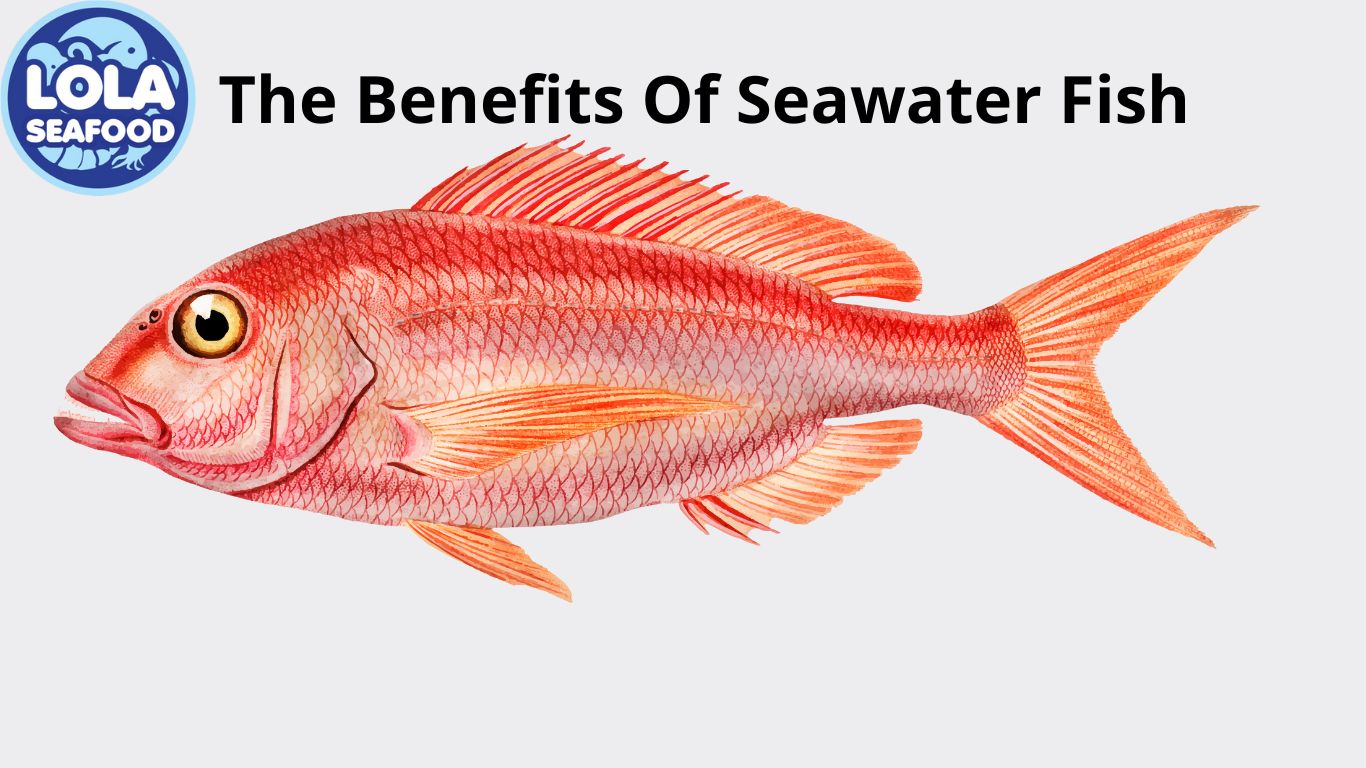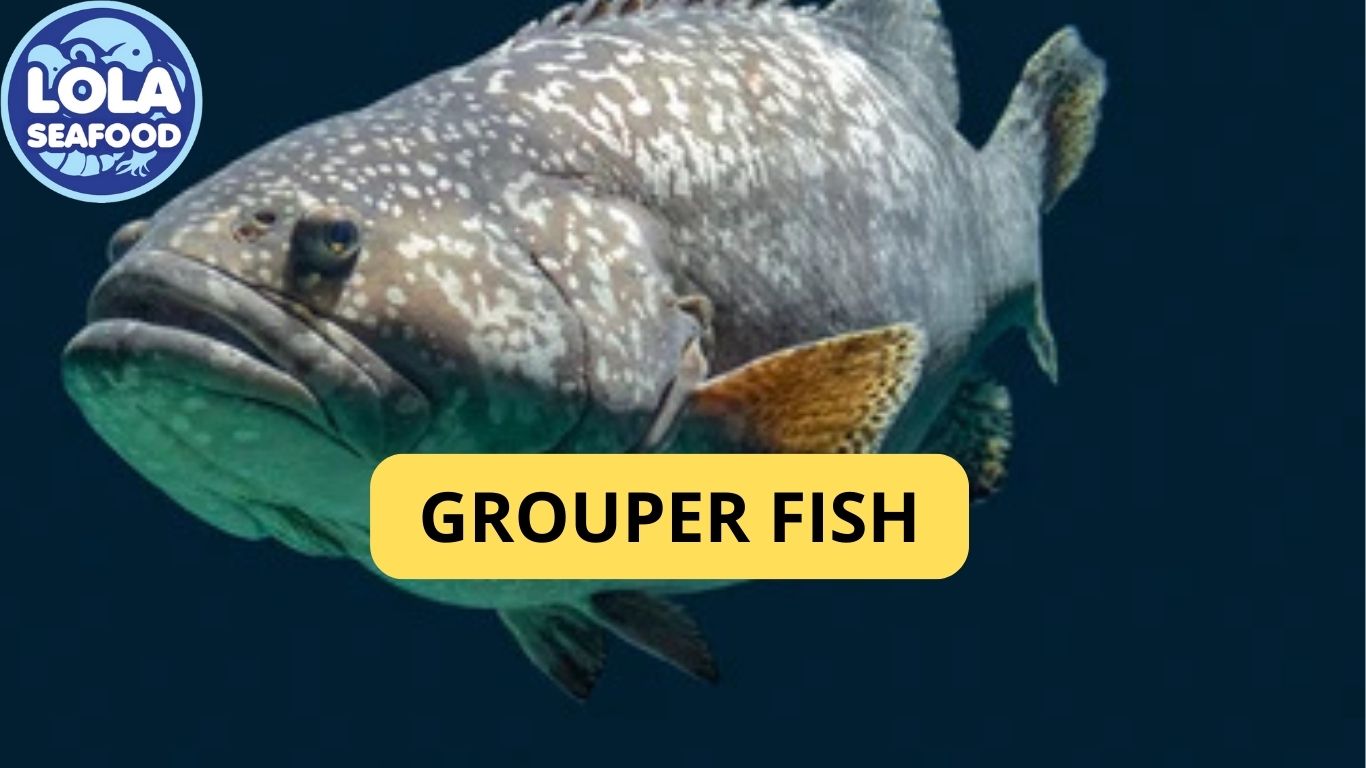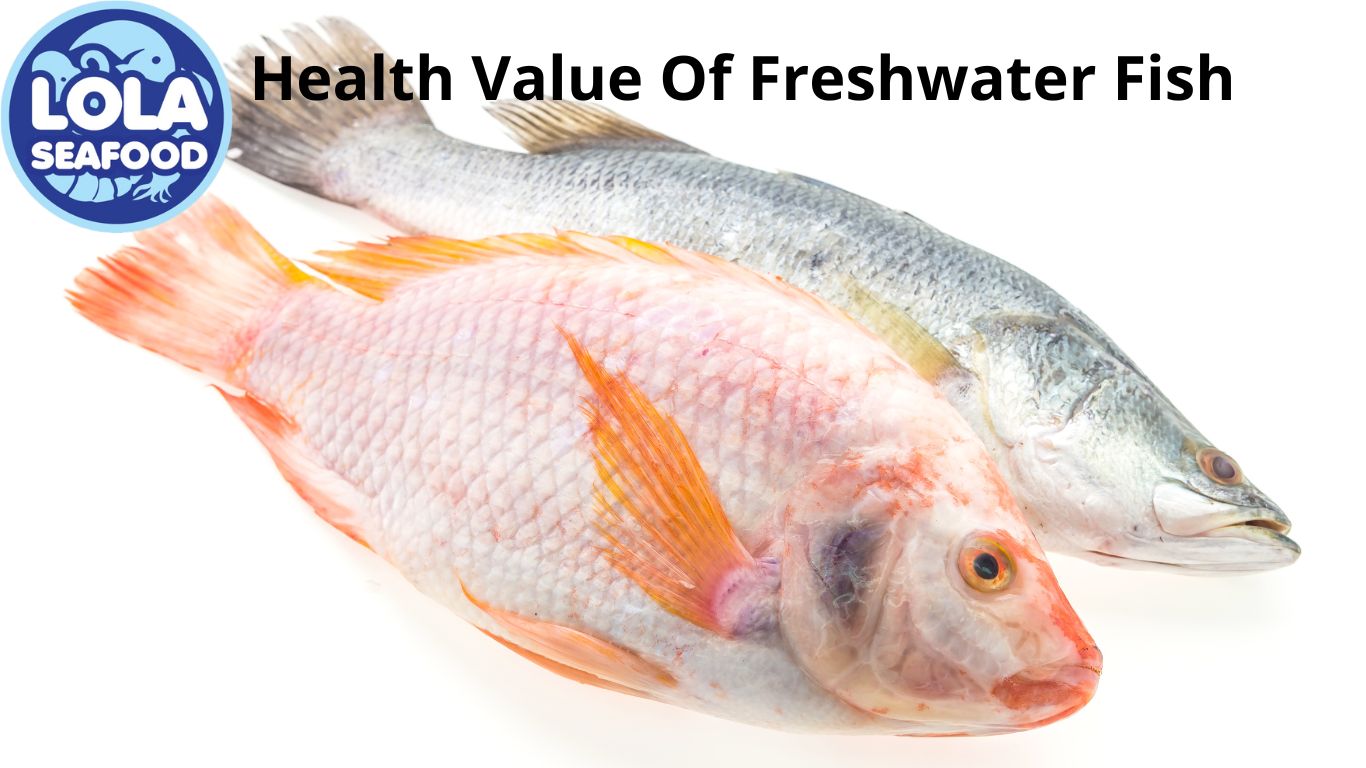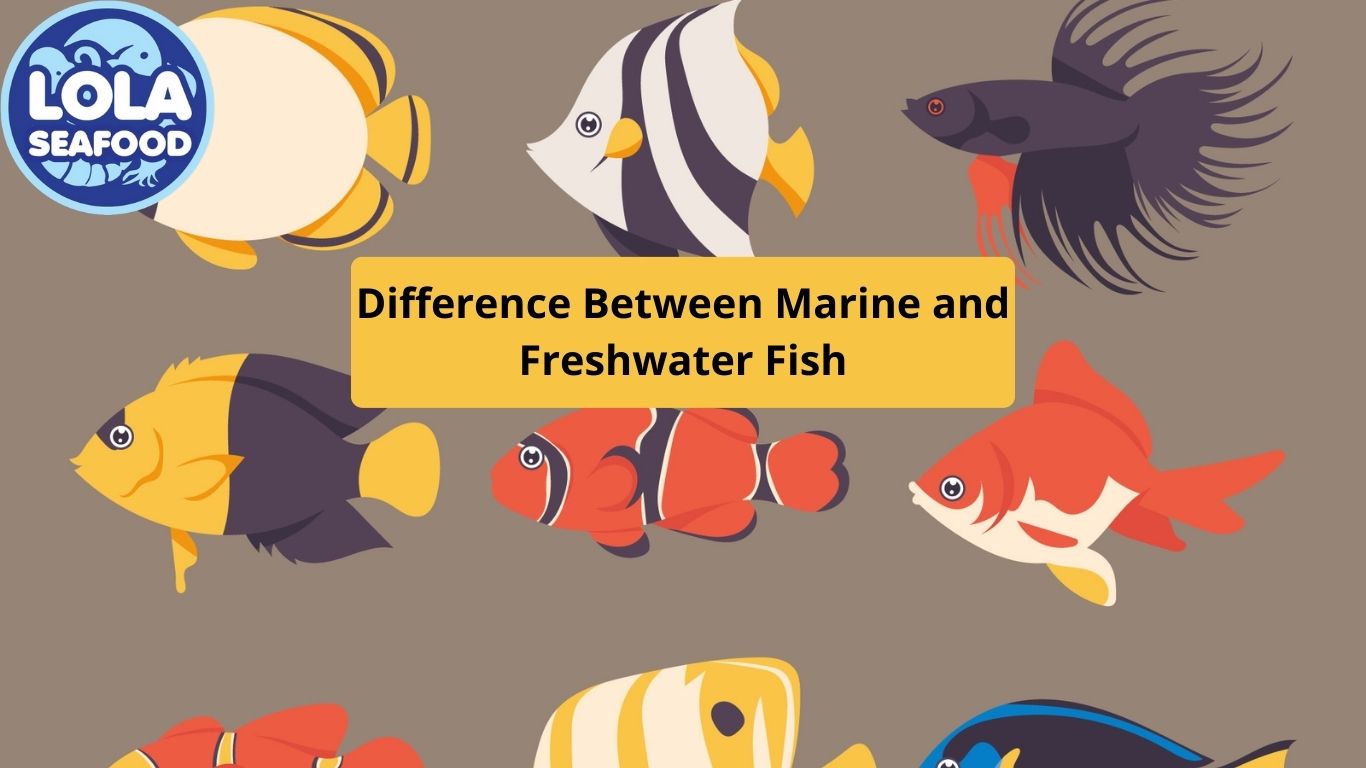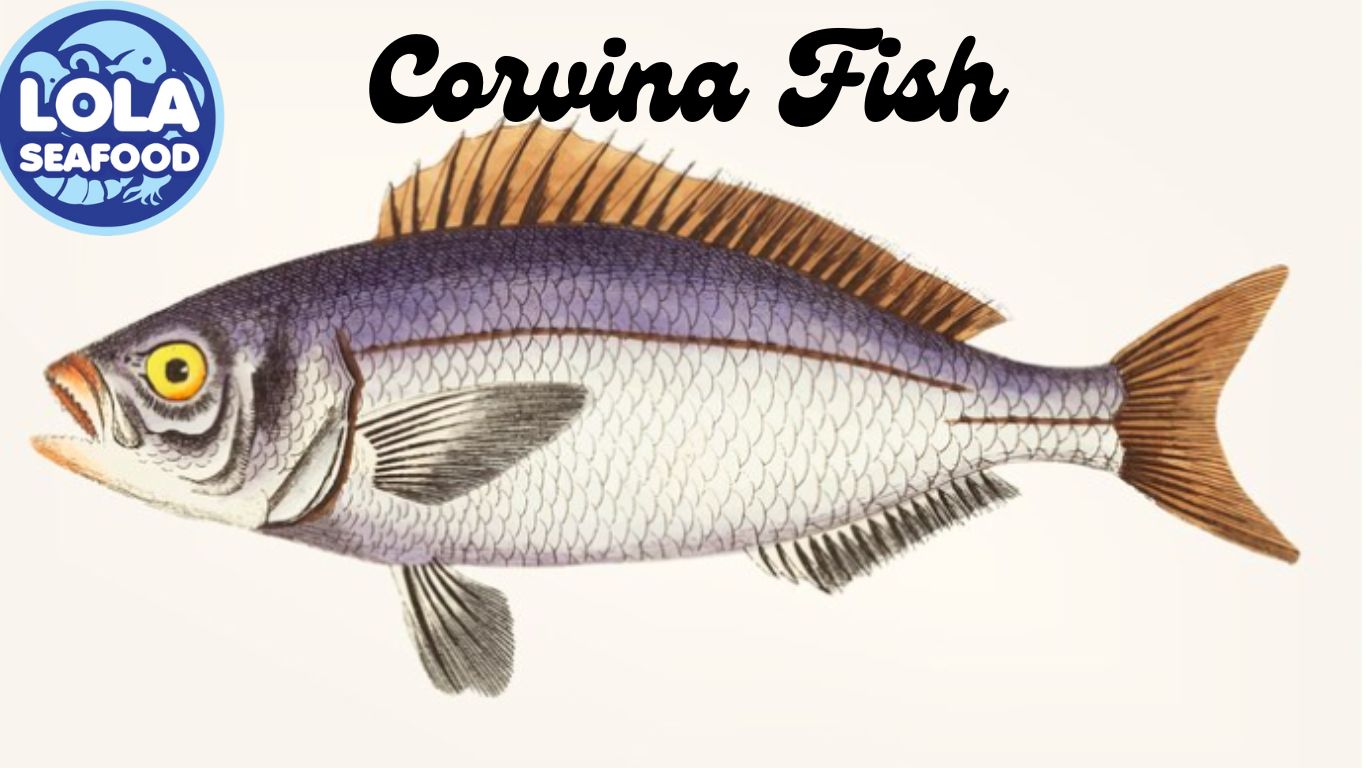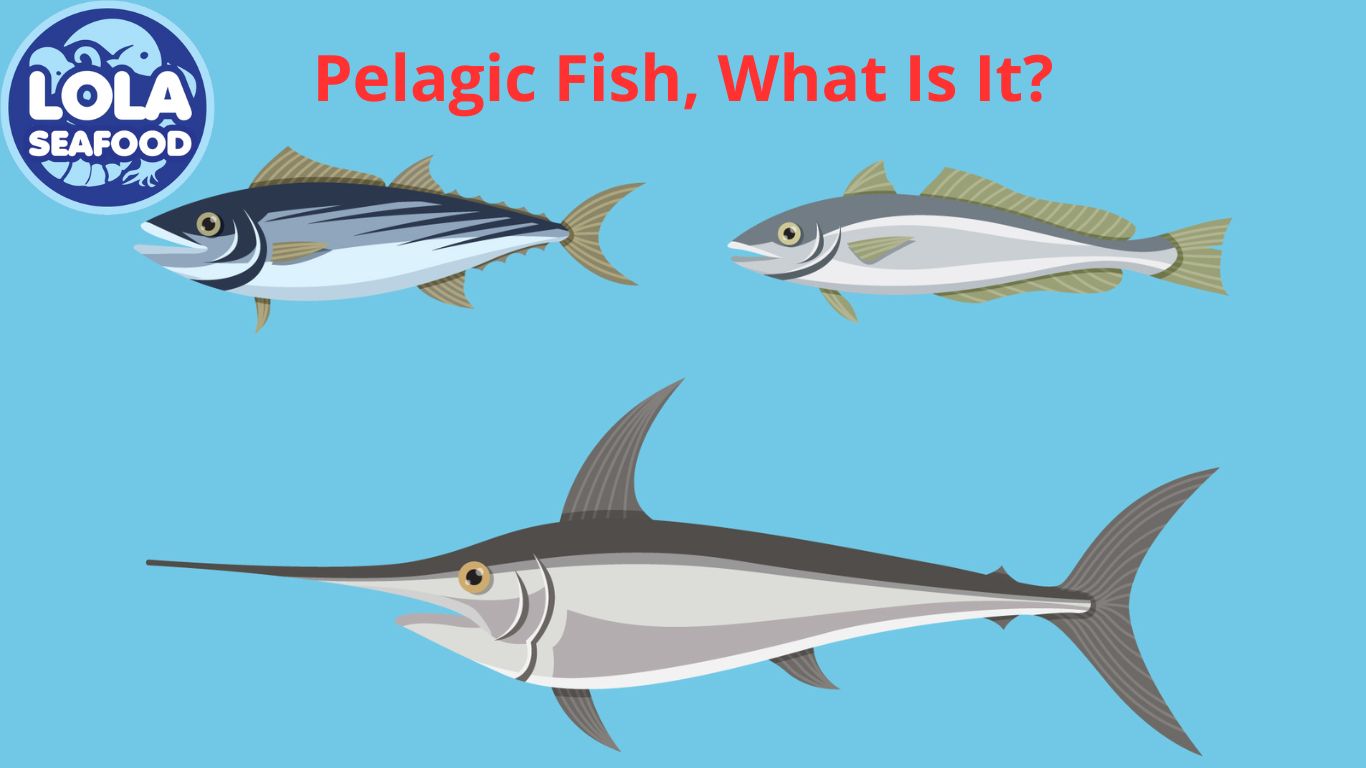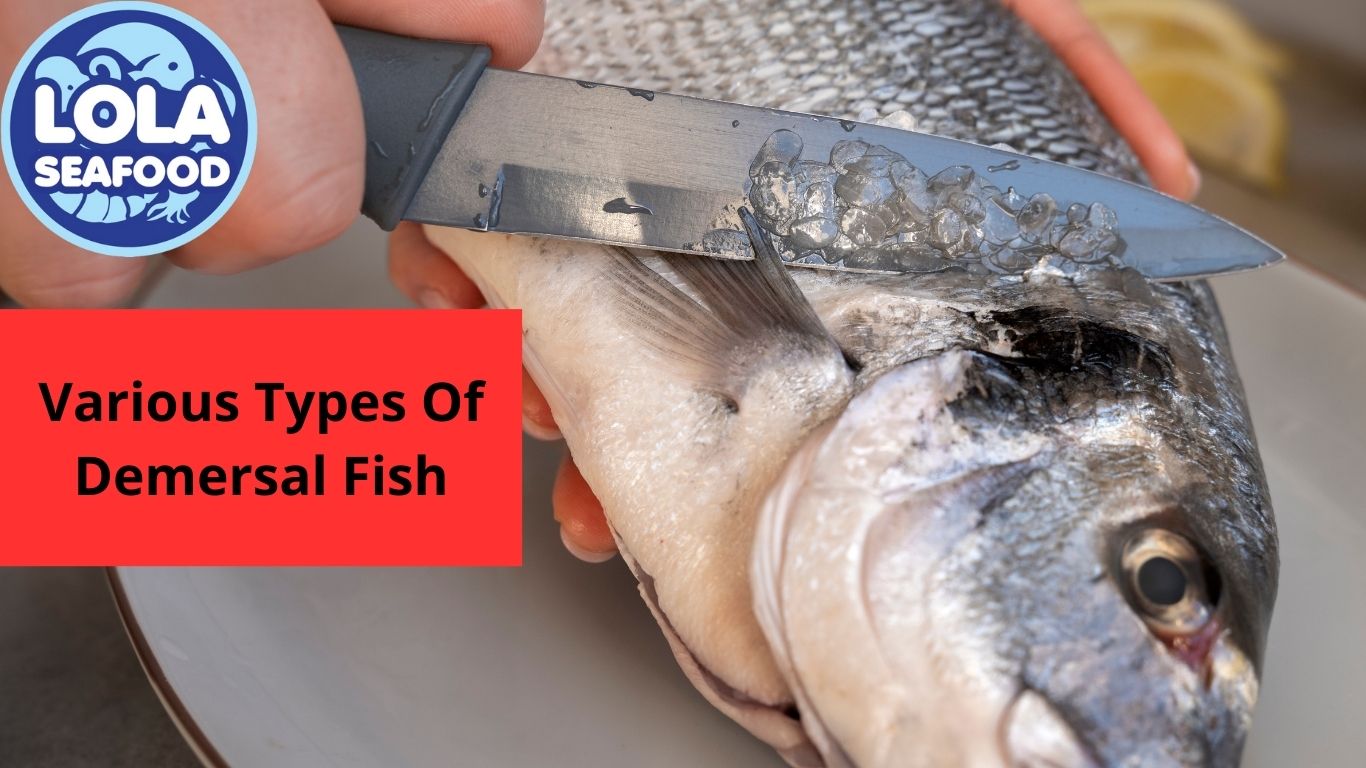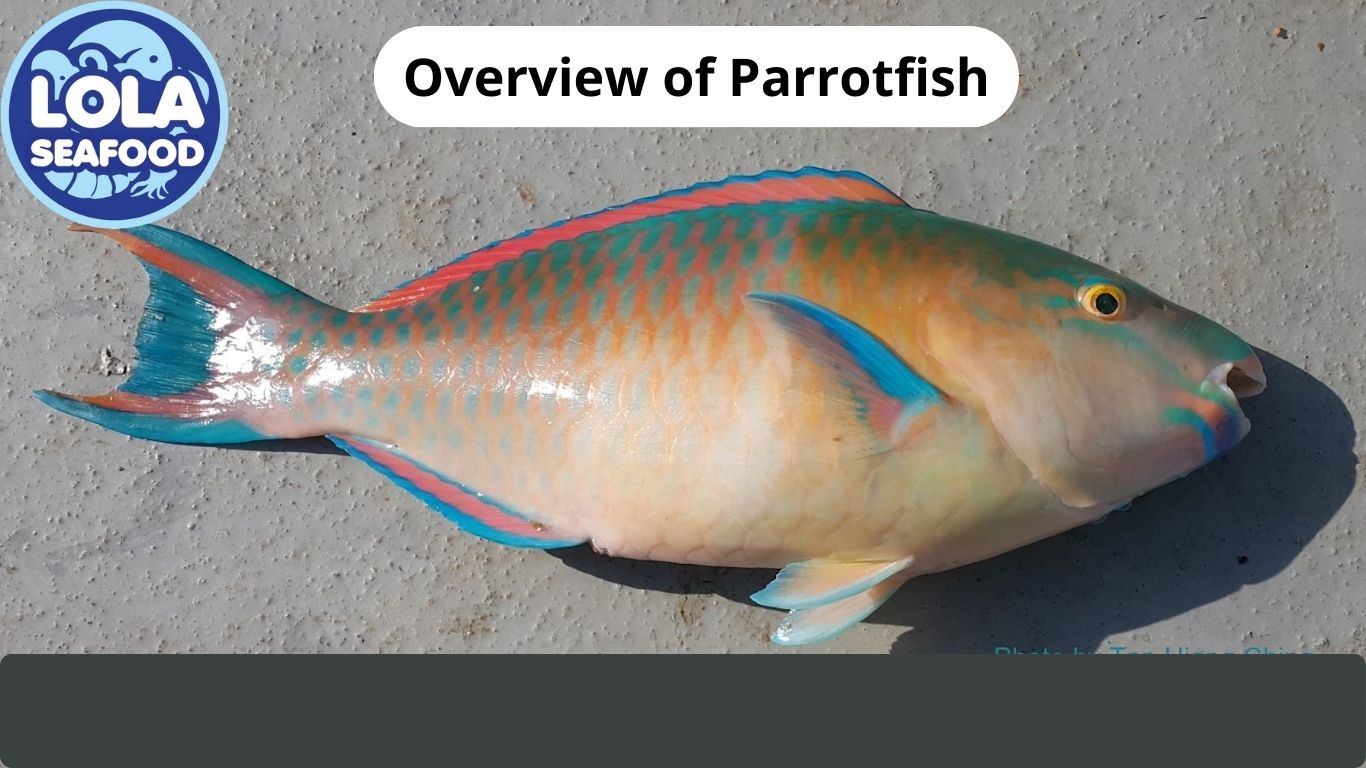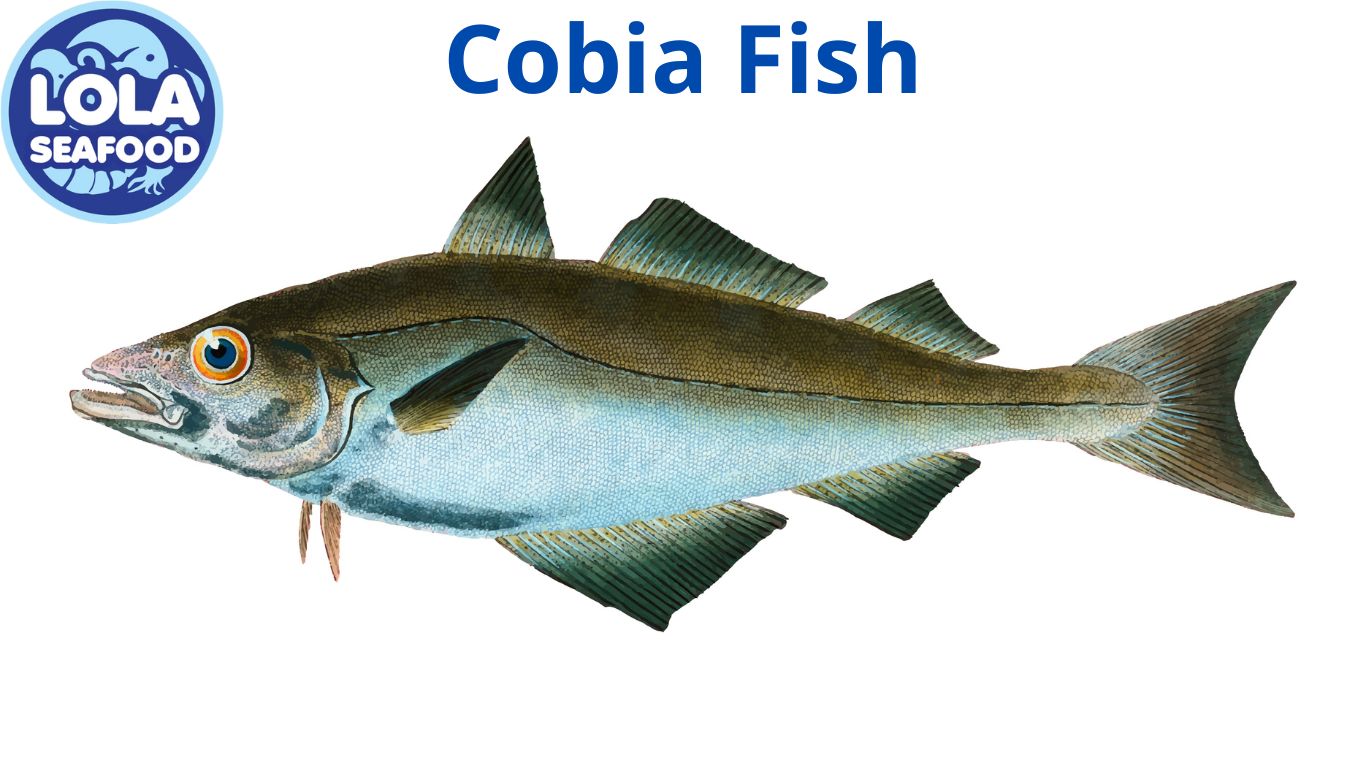HALAL CERTIFICATION FOR SEAFOOD
By. Najih - 08 Oct 2024.jpg)
Islamic law has specific guidelines on the kinds of dead meat considered halal or haram. Dead fish may fall into these categories, and the interpretation varies among different schools of thought.
The Hanafi school of thought and Hanafi scholars generally consider fish with scales to be halal, even if found dead in the sea. However, different opinions exist on fish without scales.
Consideration of natural causes and the ethical treatment of aquatic creatures is essential. Fish farms may play a role in ensuring that dead fish meet halal standards.
Seafood consumption is on the rise. However, for Muslim consumers and businesses, it all comes down to one question: is seafood halal?
Seafood should have halal certification from a reliable and trustworthy authority, as a certifying body can guide you through the nuance of the international halal standards.
How To Get Halal Certification For Seafood?
For businesses in the F&B industry, obtaining halal certification for seafood can be a strategic move, especially if they are looking to cater to a diverse Muslim target market.
Here are some general guidelines on how to get halal certification for seafood through the Halal Foundation – a leading and authorized global halal certification provider:
- Application and Documentation: The first step is to submit an application detailing business and seafood products. F&B business operators are required to provide necessary documentation about your sourcing, processing, and handling practices.
- Facility Inspection: The next step is for F&B businesses to prepare for a thorough inspection of their facility to ensure compliance with halal standards – focusing on areas like storage, processing lines, and utensils.
- Staff Training: After the facility inspection is completed, AHF’s account executive will provide staff training to manage halal processes, and also raise awareness regarding the importance of maintaining halal compliance.
- Certification and Renewal: Once businesses pass the inspection and meet all requirements, they will receive their halal certification, which is subject to regular renewal and compliance checks.
